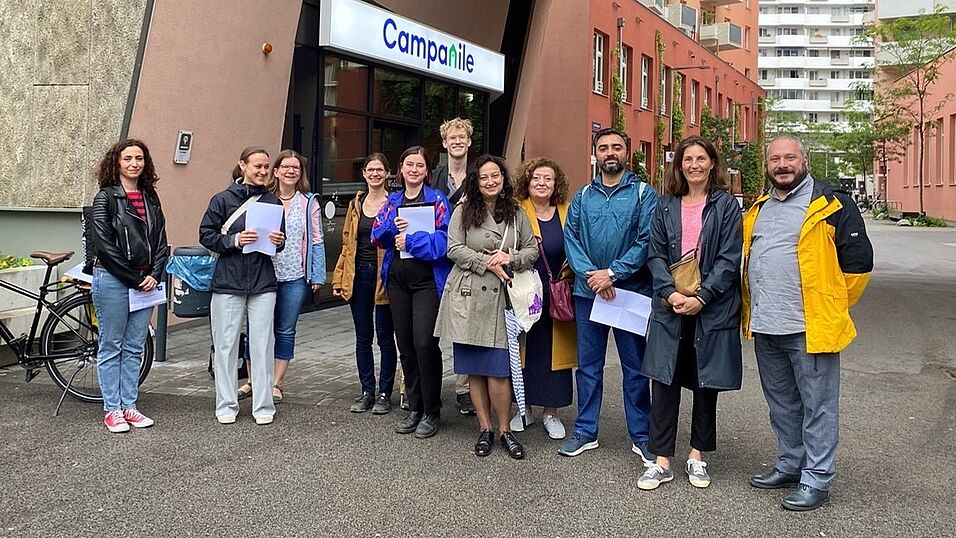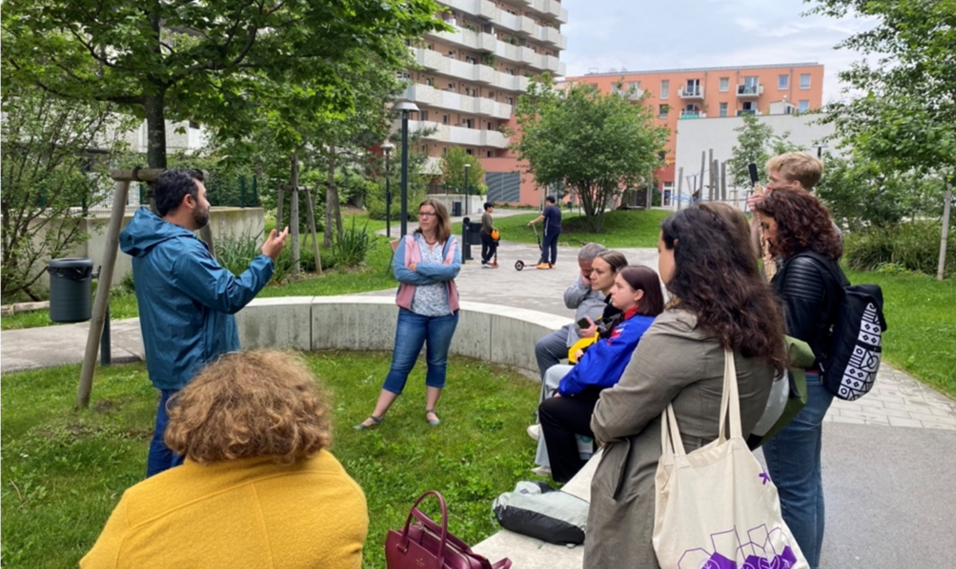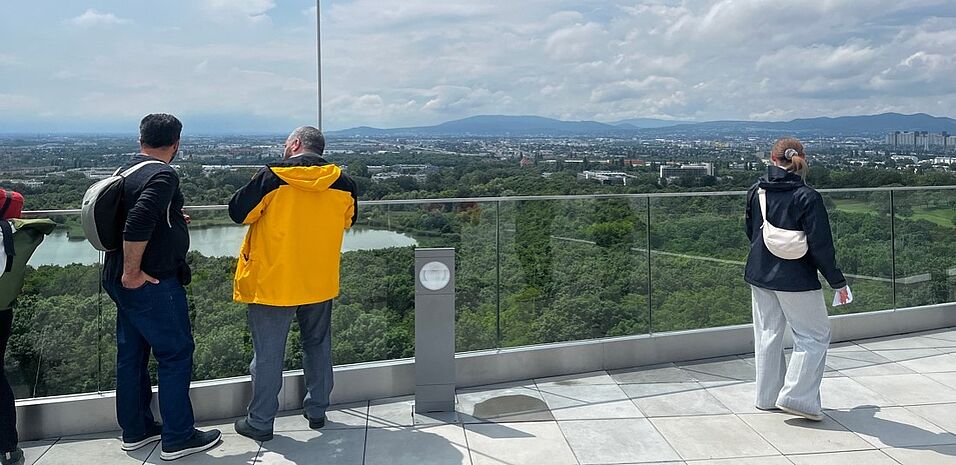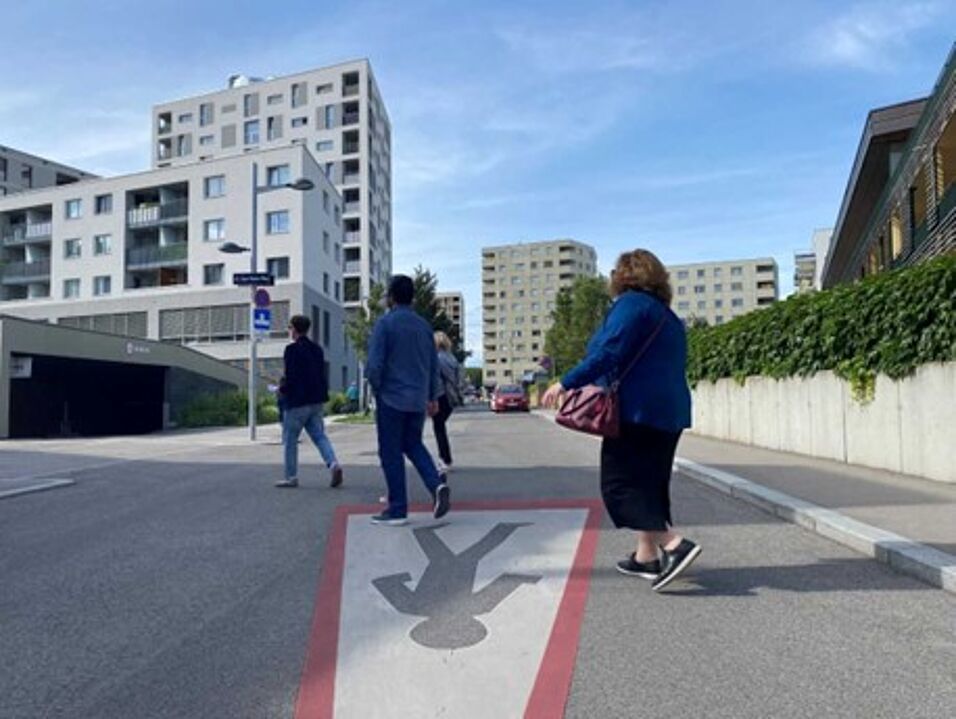What innovative strategies can reverse the decline of Armenia’s abandoned industrial cities and foster sustainable urban revitalization? Over the next three years, a cooperation between Armenian and Austrian researchers will embark on the ReCity project, aiming to uncover and implement innovative solutions to this pressing issue. With a shared vision for urban revitalization, the Armenian research team from Yerevan State University’s Department of Sociology has joined forces with the Urban Studies working group, setting the stage for a transformative journey that aims to reshape the socio-economic landscapes of Armenia’s industrial heartlands.
The kick-off meeting in May 2024 aimed at laying the groundwork for cooperation and discuss shared goals. Following introductions to all team members, the group explored some of the most recent examples of sustainable urban development in Vienna. Engaging discussions ensued, offering both sides valuable insights into each other’s experiences and the current urban conditions in their respective countries. A visit to Biotope City in Vienna offered rich opportunities for debates on diverse topics, showcasing both good practices and challenging examples of sustainable revitalization. Furthermore, an exchange of experiences in regards to urban mobility and housing highlighted the differences between Armenian and Austrian cities, especially in terms of the situation of public transport in Yerevan and Vienna. It also underscored the need for a visit of the Urban Studies group to Armenia to learn more about their specific situation and context, which is hard to grasp from more than 2,000 km away. The historic legacy of Soviet urban planning in Armenia will form the basis from which to understand how sustainable transformations might be fostered in contexts that differ significantly from central European examples. This understanding will influence the co-creative development of a a new curriculum in urban planning at Yerevan State University. Hence, the aim is to go beyond knowledge exchanges and develop new practices for educating future generations.
Text by Hannah Szirota and Johannes Richter, 2024.




